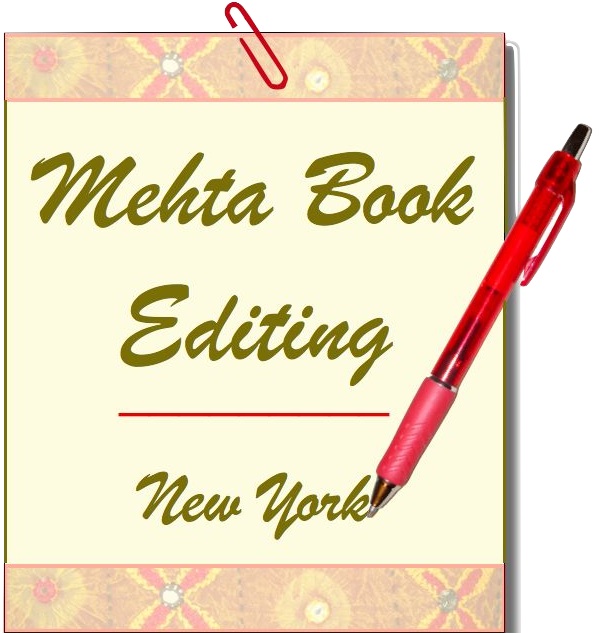Today's Publishing Landscape: Two Generations of Literary Agents Speak Out
/How do agenting styles vary within the same family? Are there generational differences when agents approach opportunities such as self- and hybrid publishing, which didn’t exist until a few years ago? Or in how they define their role, which in some ways is continually evolving, and in other ways hasn’t changed at all?
I asked legendary publishing veteran Robert Gottlieb, who founded Trident Media Group, and his son Mark Gottlieb, who is growing his list and has been groomed to work in his family’s business from the start.
Read More





